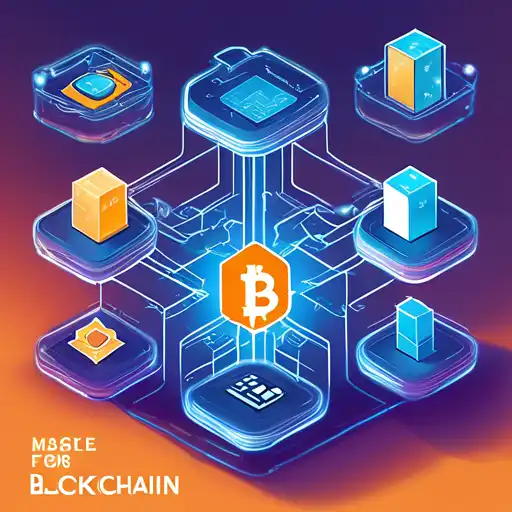What is Blockchain?
Blockchain technology is a decentralized digital ledger that records transactions across many computers in such a way that the registered transactions cannot be altered retroactively. This technology is the backbone of cryptocurrencies like Bitcoin and Ethereum, but its potential applications extend far beyond digital currencies.
How Does Blockchain Work?
At its core, blockchain is a chain of blocks, where each block contains a list of transactions. These blocks are linked together using cryptography, ensuring the integrity and security of the data. When a new transaction occurs, it is verified by network participants, known as nodes, and then added to a block. Once a block is full, it is added to the chain in a linear, chronological order.
Key Features of Blockchain
- Decentralization: Unlike traditional ledgers or databases controlled by a single entity, blockchain is distributed across multiple nodes, making it more secure and less prone to censorship.
- Transparency: All transactions on the blockchain are visible to anyone who has access to the network, ensuring transparency.
- Immutability: Once a transaction is recorded on the blockchain, it cannot be altered or deleted, which helps in preventing fraud.
Benefits of Blockchain Technology
Blockchain offers numerous benefits, including enhanced security, increased transparency, and reduced costs by eliminating intermediaries. It has the potential to revolutionize industries such as finance, healthcare, and supply chain management by enabling secure, transparent, and efficient transactions.
Applications of Blockchain
Beyond cryptocurrencies, blockchain technology is being explored for various applications, including smart contracts, supply chain management, and secure voting systems. Its ability to provide secure and transparent record-keeping makes it suitable for any scenario where trust and verification are crucial.
Getting Started with Blockchain
For beginners interested in blockchain, starting with understanding the basics of cryptocurrencies is a good step. There are numerous resources available online, including tutorials, courses, and forums where you can learn more about blockchain technology and its applications.
Exploring blockchain platforms like Ethereum, which supports smart contracts, can also provide hands-on experience. Remember, the field of blockchain is rapidly evolving, so staying updated with the latest trends and developments is key.
Conclusion
Blockchain technology holds the promise of transforming how we conduct transactions and manage data online. Its decentralized nature offers a new paradigm for trust and security in the digital age. As a beginner, taking the time to understand the fundamentals of blockchain can open up a world of opportunities in this exciting and innovative field.
